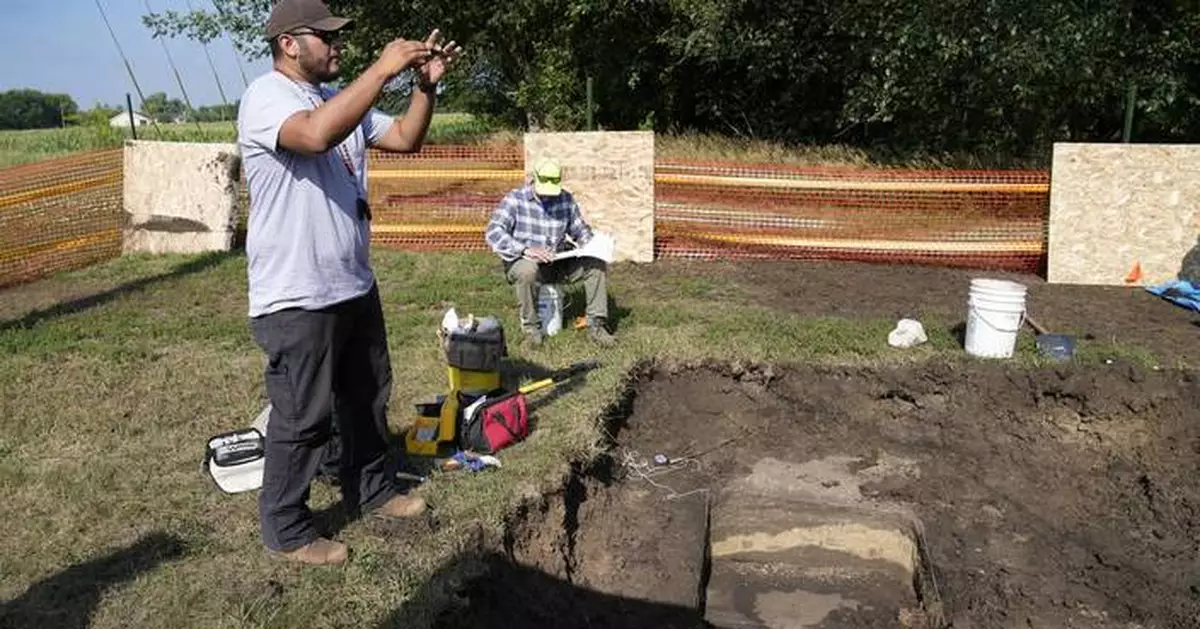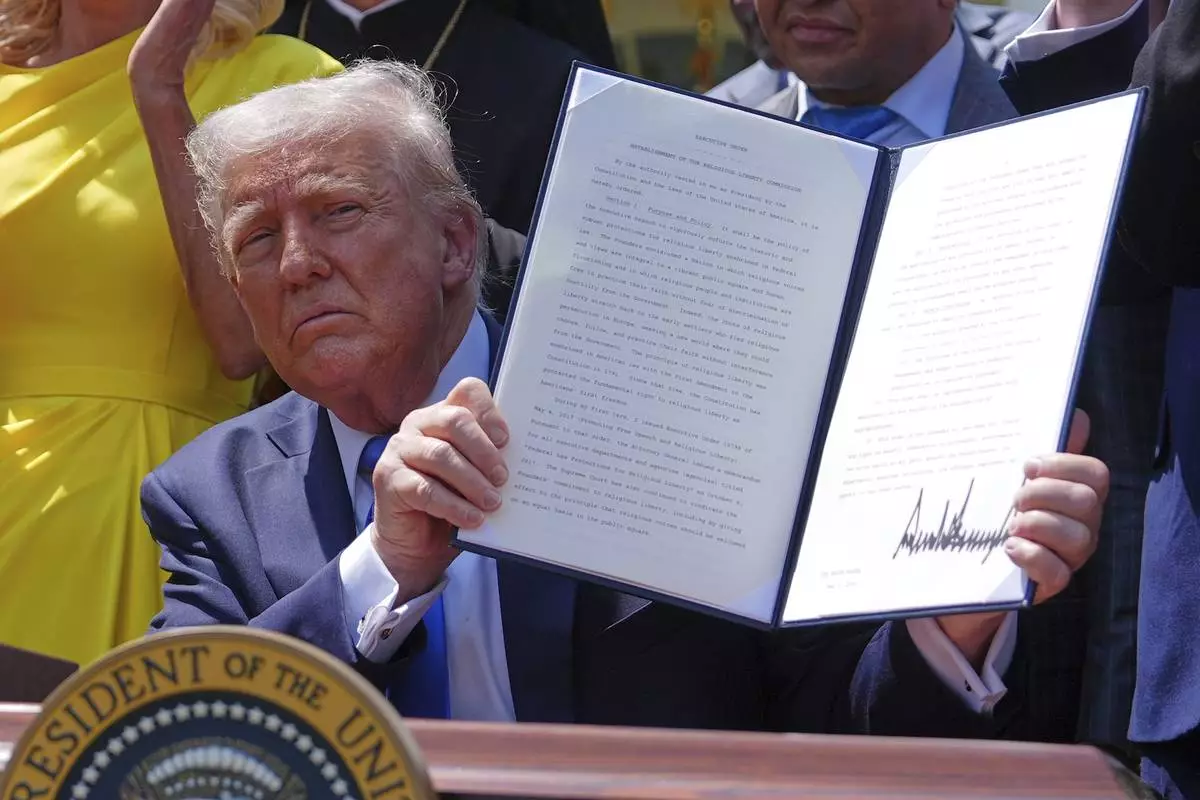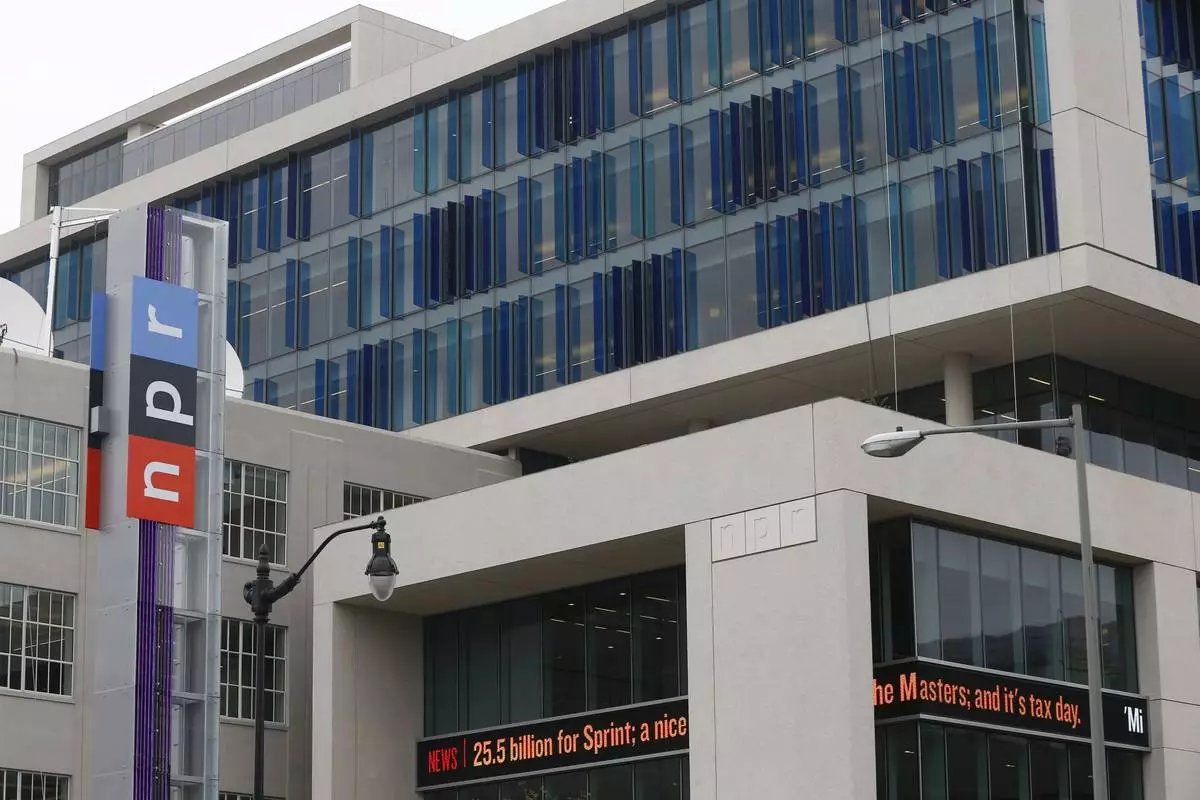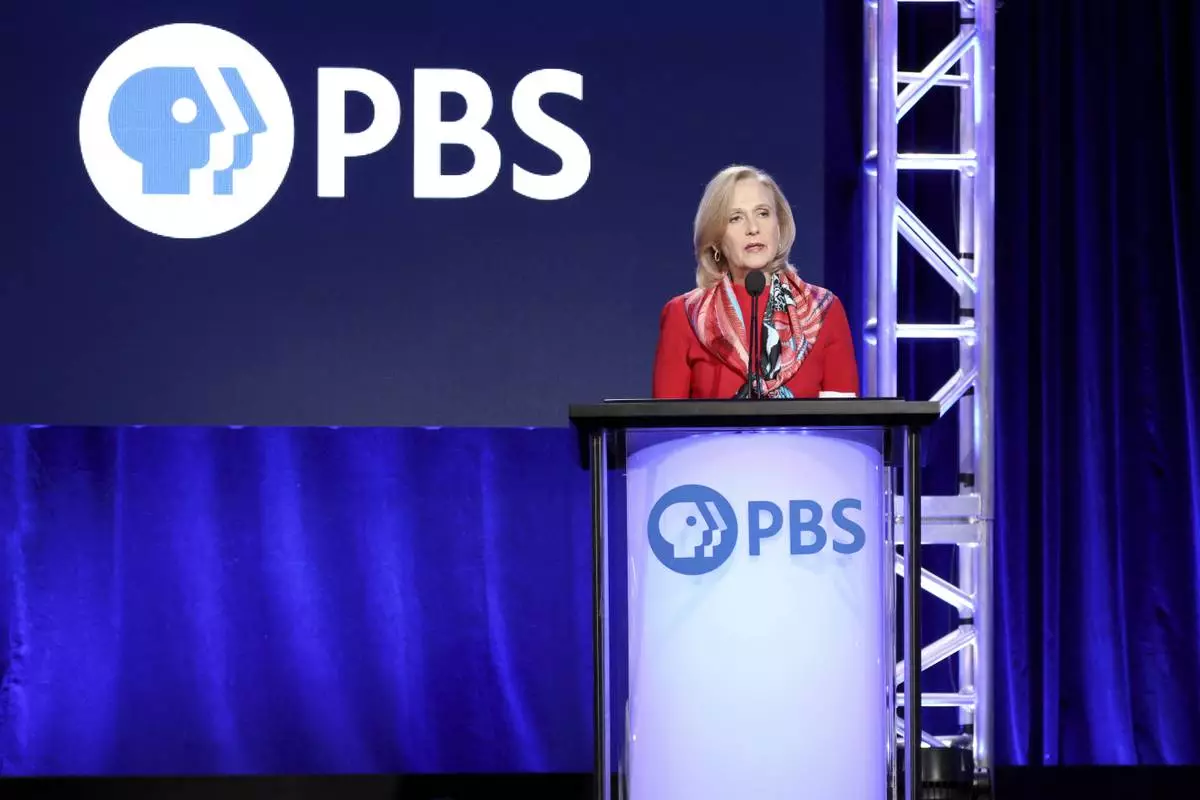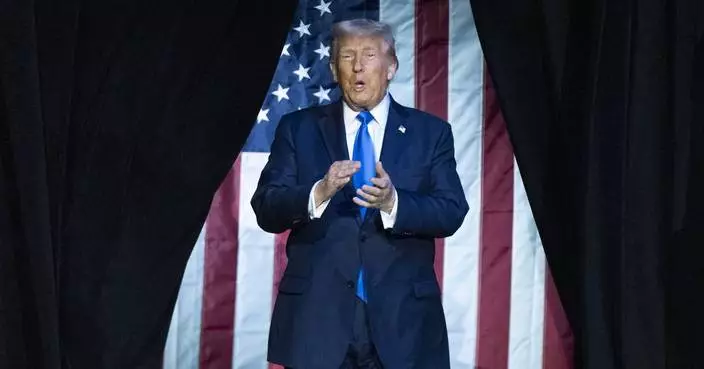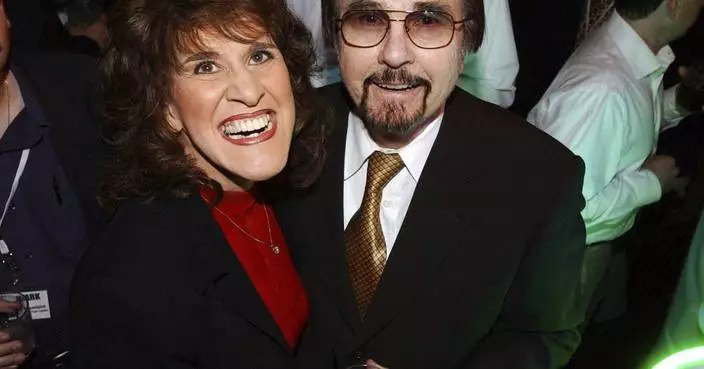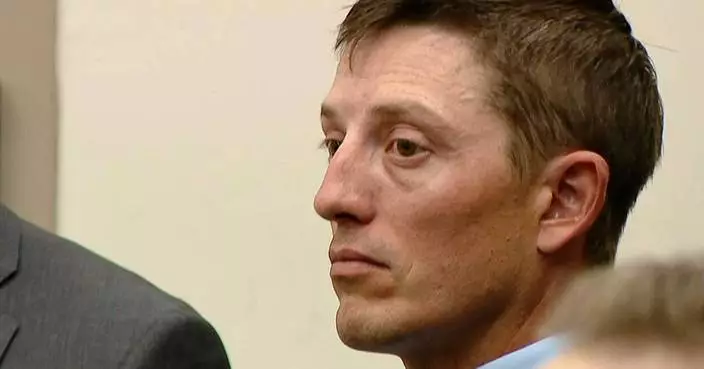At least $1.6 million in federal funds for projects meant to capture and digitize stories of the systemic abuse of generations of Indigenous children in boarding schools at the hands of the U.S. government have been slashed due to federal funding cuts under President Donald Trump’s administration.
The cuts are just a fraction of the grants canceled by the National Endowment for the Humanities in recent weeks as part of the Trump administration’s deep cost-cutting effort across the federal government. But coming on the heels of a major federal boarding school investigation by the previous administration and an apology by then-President Joe Biden, they illustrate a seismic shift.
“If we’re looking to ‘Make America Great Again,’ then I think it should start with the truth about the true American history,” said Deborah Parker, CEO of the National Native American Boarding School Healing Coalition.
The coalition lost more than $282,000 as a result of the cuts, halting its work to digitize more than 100,000 pages of boarding school records for its database. Parker, a citizen of the Tulalip Tribes in Washington state, said Native Americans nationwide depend on the site to find loved ones who were taken or sent to these boarding schools.
Searching that database last year, Roberta “Birdie” Sam, a member of Tlingit & Haida, was able to confirm that her grandmother had been at a boarding school in Alaska. She also discovered that around a dozen cousins, aunts and uncles had also been at a boarding school in Oregon, including one who died there. She said the knowledge has helped her with healing.
“I understand why our relationship has been the way it has been. And that’s been a great relief for myself," she said. "I’ve spent a lot of years very disconnected from my family, wondering what happened. And now I know — some of it anyways.”
An April 2 letter to the healing coalition that was signed by Michael McDonald, acting chairman of the National Endowment for the Humanities, says the “grant no longer effectuates the agency’s needs and priorities.”
The Associated Press left messages by phone and email for the National Endowment for the Humanities. White House officials and the Office of Management and Budget also did not respond Friday to an email requesting comment.
For 150 years the U.S. removed Indigenous children from their homes and sent them away to the schools, where they were stripped of their cultures, histories and religions, and beaten for speaking their native languages.
At least 973 Native American children died at government-funded boarding schools, according to an Interior Department investigation launched by former Interior Secretary Deb Haaland. Both the report and independent researchers say the actual number was much higher.
The forced assimilation policy officially ended with the enactment of the Indian Child Welfare Act in 1978. But the government never fully investigated the boarding school system until the Biden administration.
In October, Biden apologized for the government's creation of the schools and the policies that supported them.
Haaland, a Laguna Pueblo citizen who's running for governor in New Mexico, described the recent cuts as the latest step in the Trump administration’s “pattern of hiding the full story of our country.” But she said they can't erase the extensive work already done.
“They cannot undo the healing communities felt as they told their stories at our events to hear from survivors and descendants,” she said in a statement. “They cannot undo the investigation that brings this dark chapter of our history to light. They cannot undo the relief Native people felt when President Biden apologized on behalf of the United States.”
Among the grants terminated earlier this month was $30,000 for a project between the Koahnic Broadcast Corporation and Alaska Native Heritage Center to record and broadcast oral histories of elders in Alaska. Koahnic received an identical letter from McDonald.
Benjamin Jacuk, the Alaska Native Heritage Center’s director of Indigenous research, said the news came around the same time they lost about $100,000 through a Institute of Museum and Library Services grant for curating a boarding school exhibit.
“This is a story that for all of us, we weren’t able to really hear because it was so painful or for multitudes of reasons,” said Jacuk, a citizen of Kenaitze Indian Tribe. "And so it’s really important right now to be able to record these stories that our elders at this point are really opening up to being able to tell.”
Former Assistant Secretary of Indian Affairs Bryan Newland described the cuts as frustrating, especially given the size of the grants.
“It’s not even a drop in the ocean when it comes to the federal budget,” said Newland, a citizen of the Bay Mills Indian Community (Ojibwe). “And so it’s hard to argue that this is something that’s really promoting government efficiency or saving taxpayer funds.”
In April 2024, the National Endowment for the Humanities announced that it was awarding $411,000 to more than a dozen tribal nations and organizations working to illustrate the impact of these boarding schools. More than half of those awards have since been terminated.
The grant cuts were documented by the non-profit organization National Humanities Alliance.
John Campbell, a member of Tlingit and the Tulalip Tribes, said the coalition's database helped him better understand his parents, who were both boarding school survivors and “passed on that tradition of being traumatized.”
When he was growing up, his mother used to put soap in his mouth when he said a bad word. He said he learned through the site that she experienced that punishment beginning when she was 6-years-old in a boarding school in Washington state when she would speak her language.
“She didn’t talk about it that much," he said. “She didn’t want to talk about it either. It was too traumatic.”
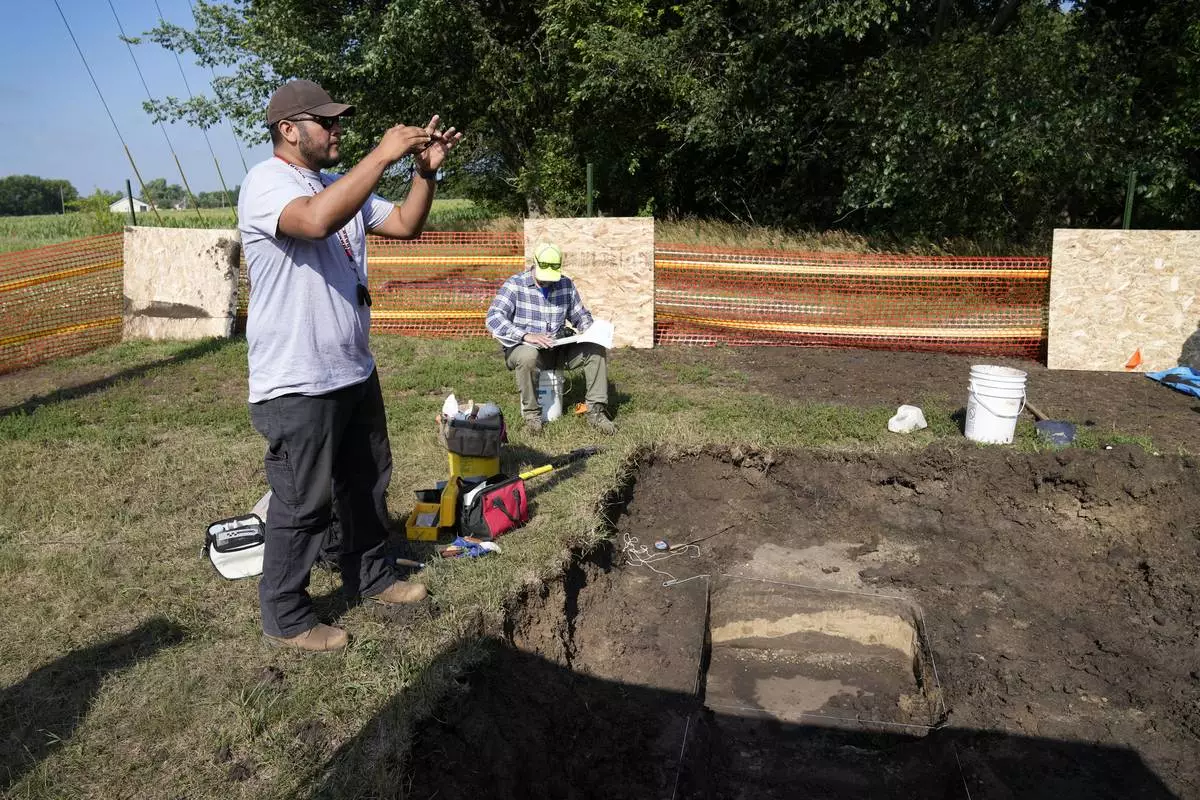
FILE - Omaha Tribe member Mark Parker, of Macy, Neb., takes a photo as workers dig for the suspected remains of children who once attended the Genoa Indian Industrial School, July 11, 2023, in Genoa, Neb. (AP Photo/Charlie Neibergall, File)


